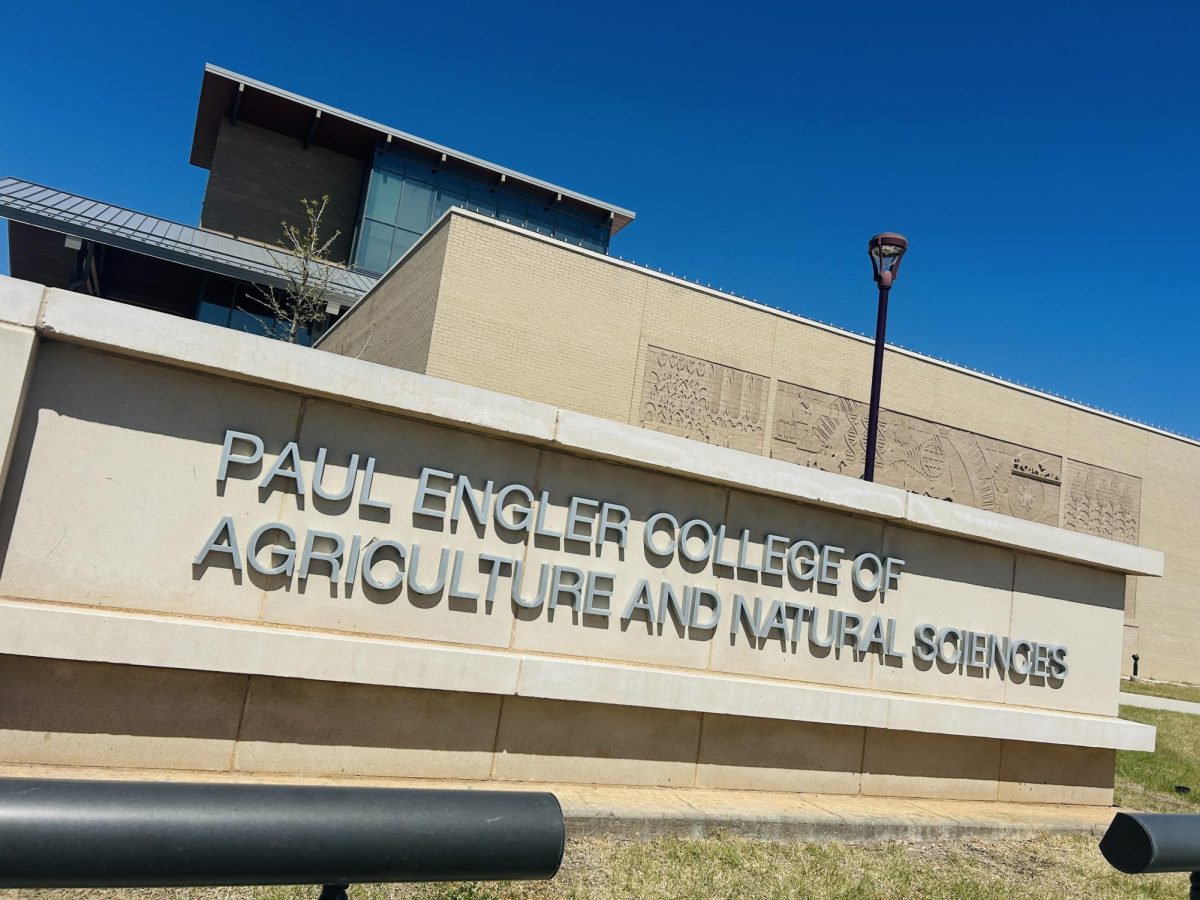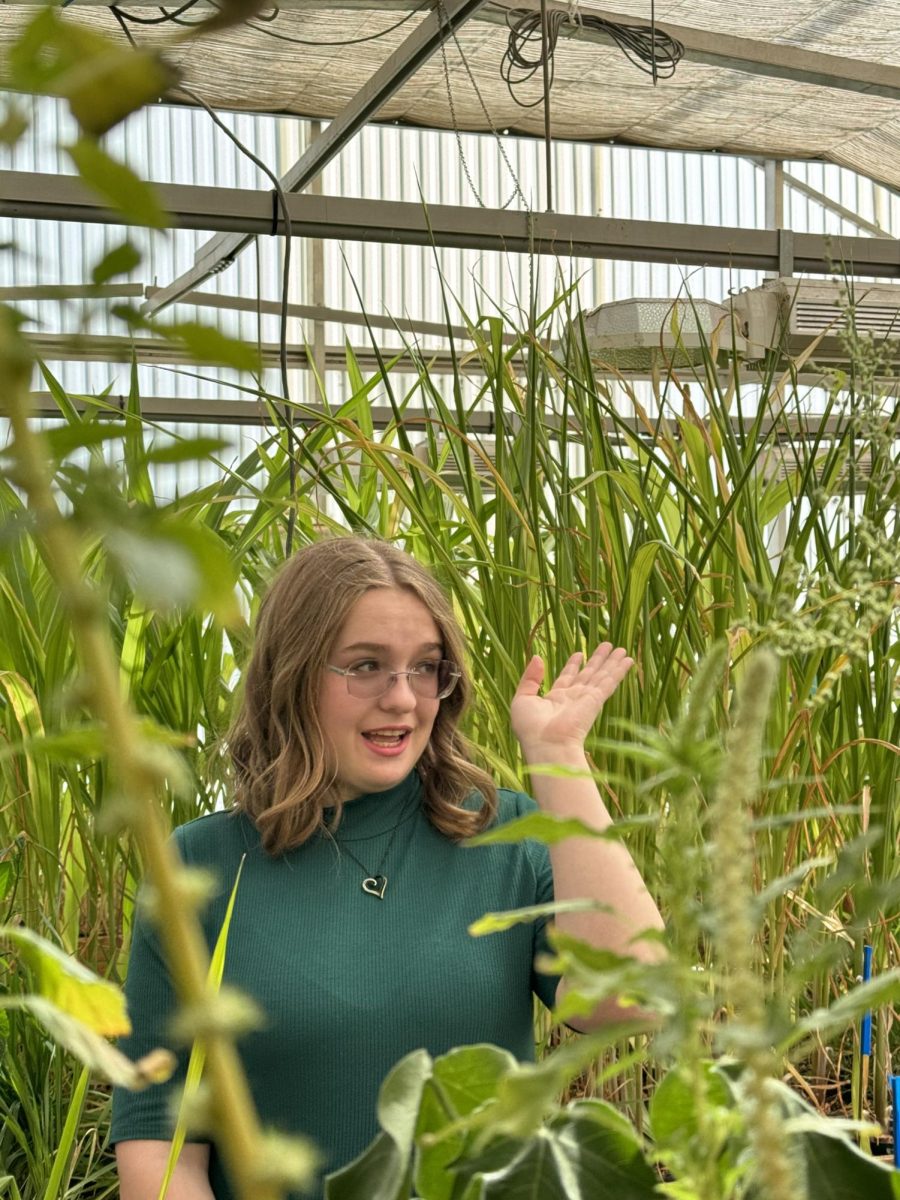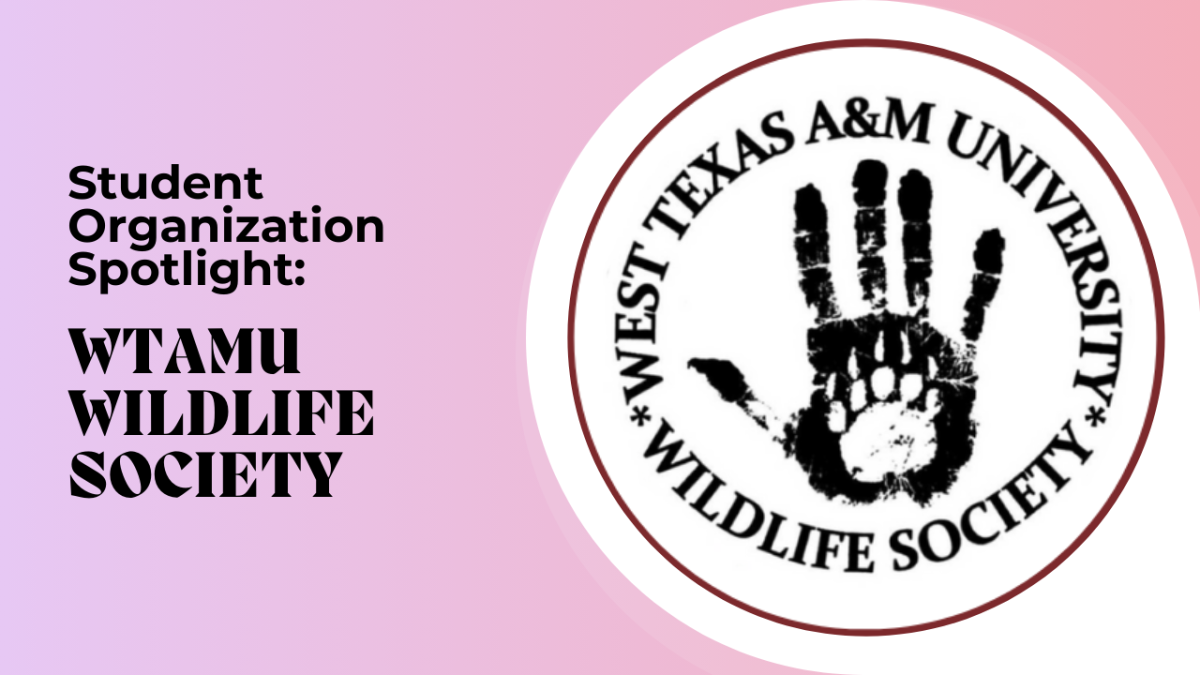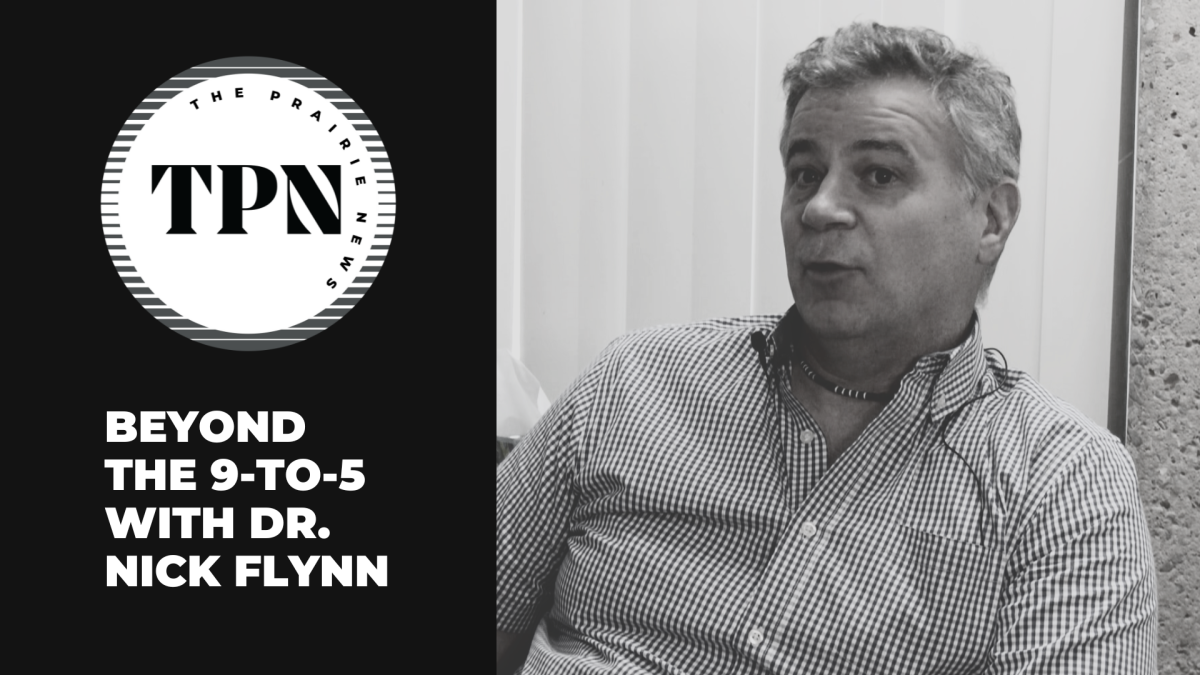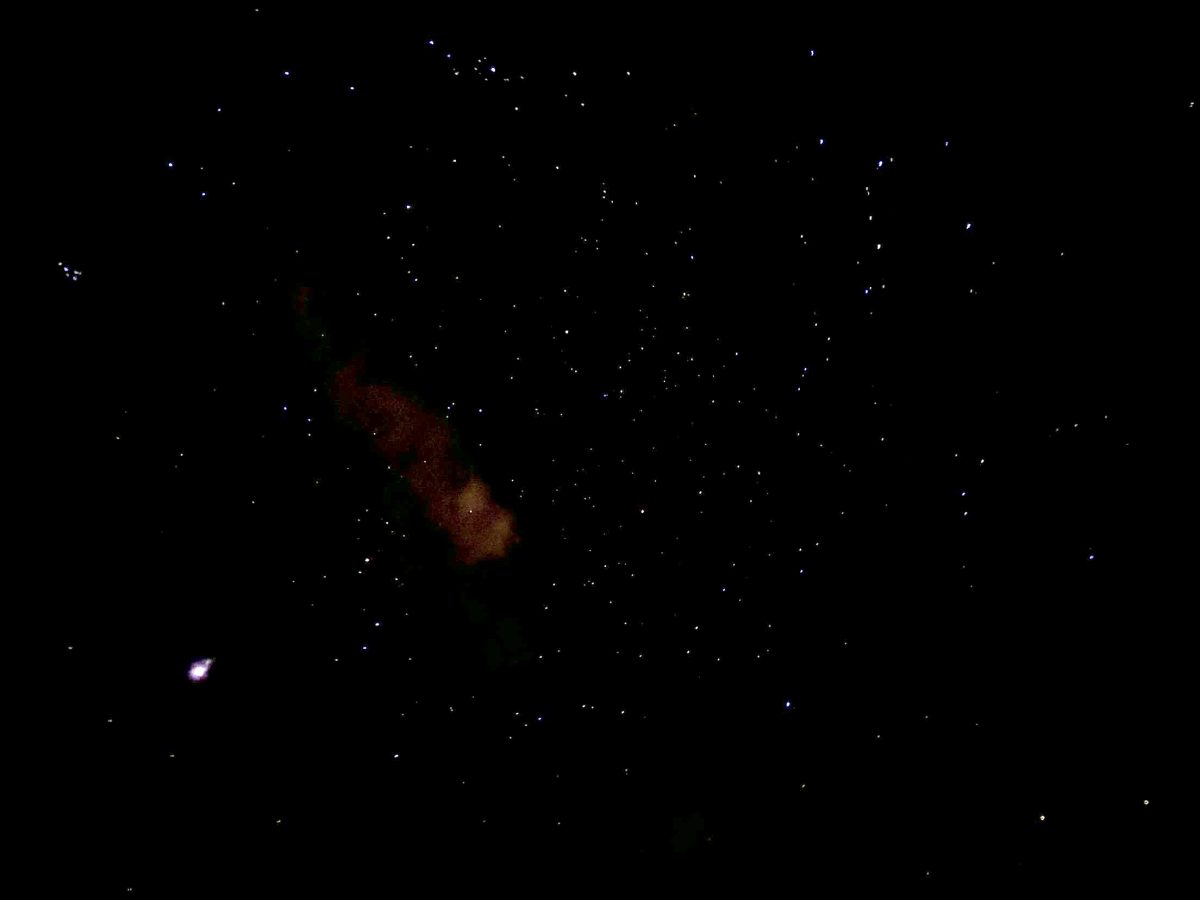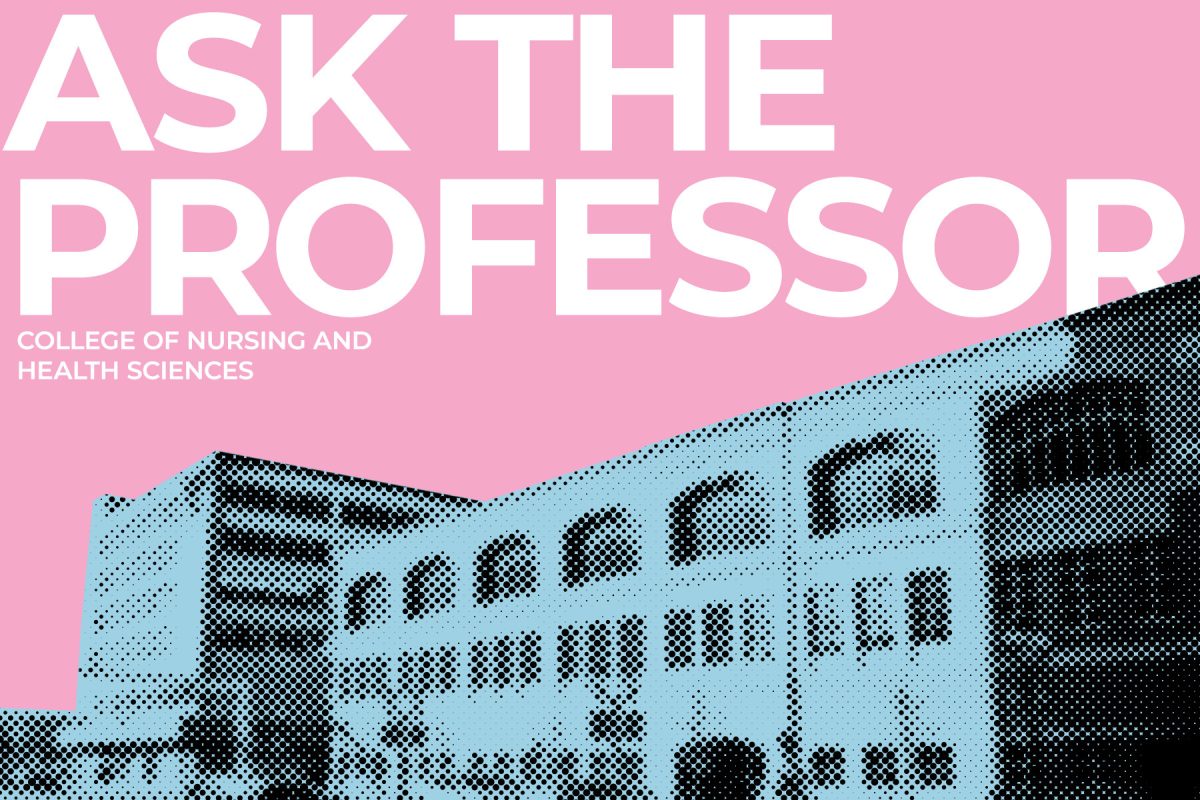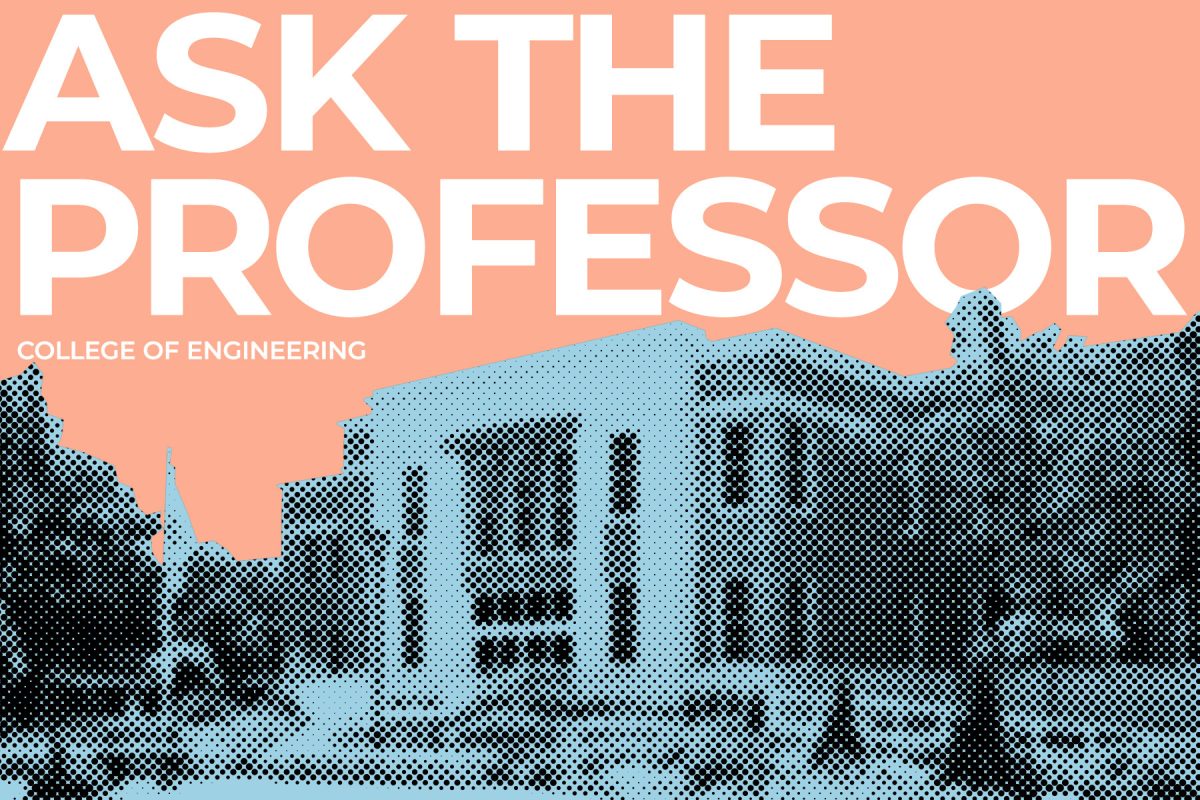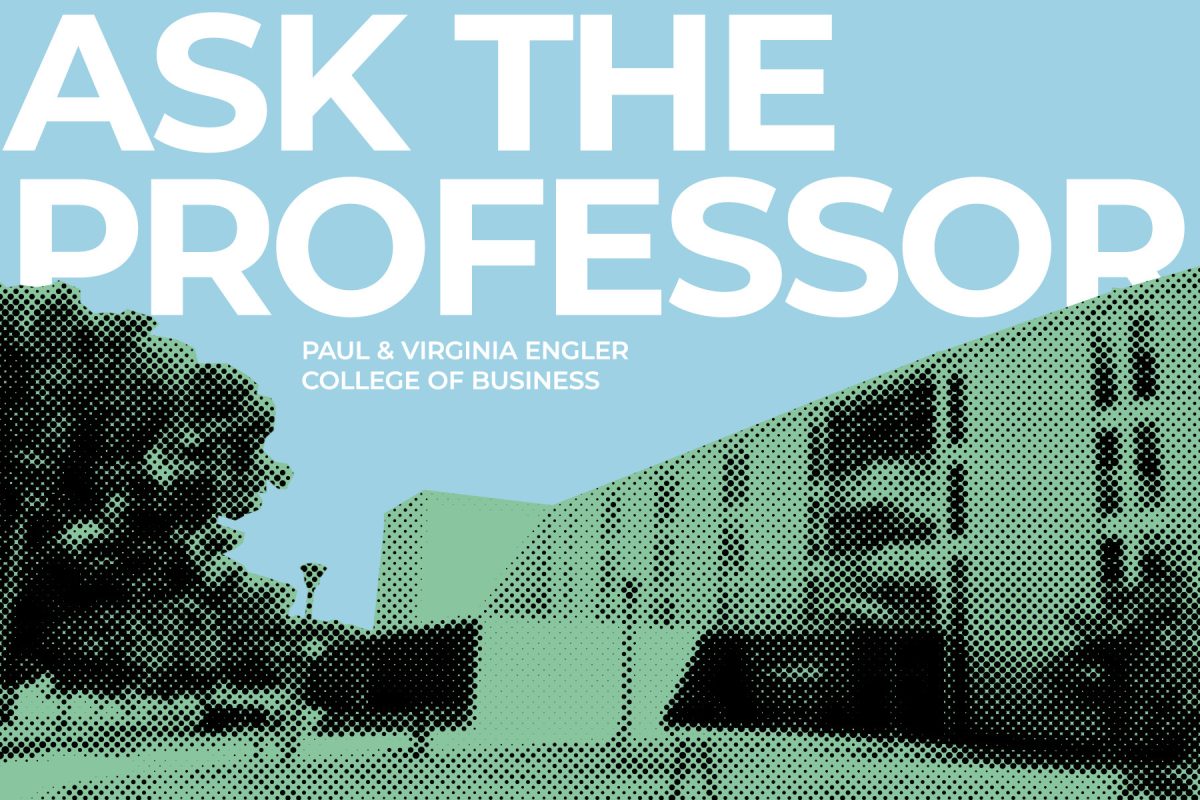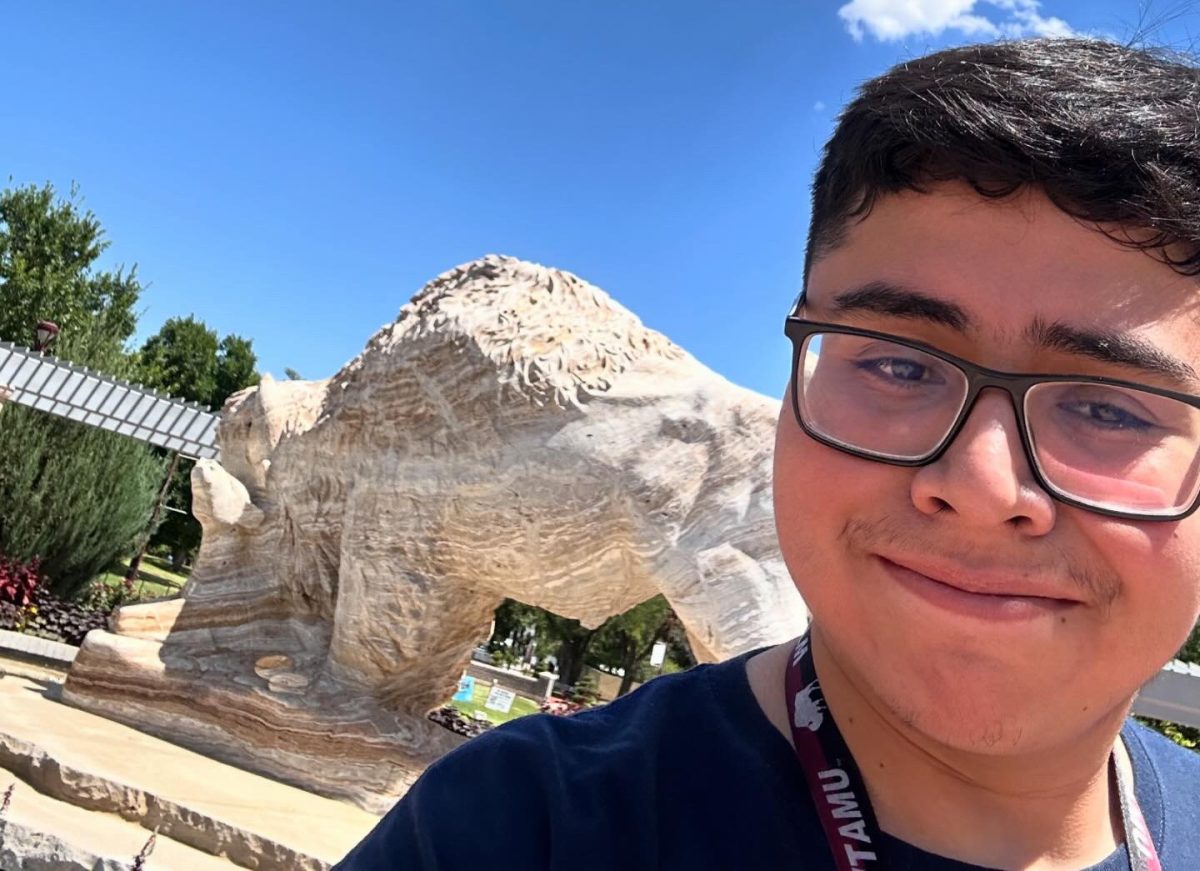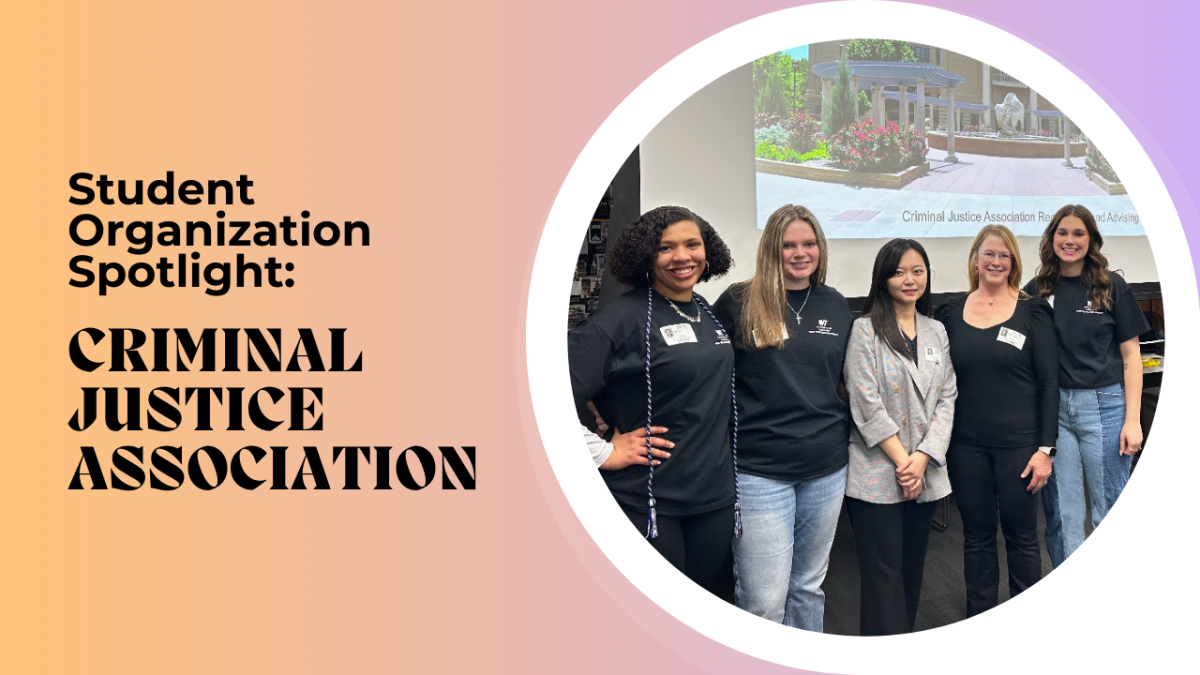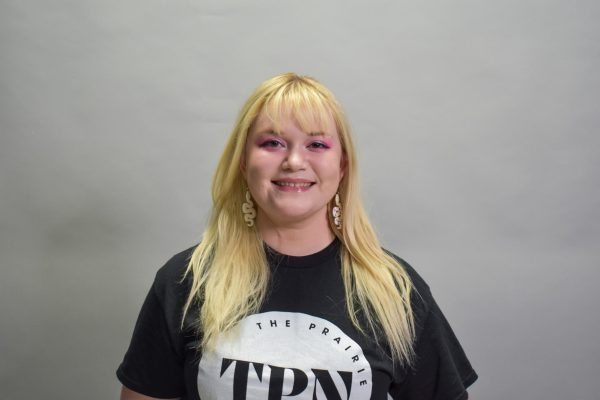Dr. Jim Rogers is a professor of environmental science in the Department of Life, Earth, and Environmental Sciences at the Paul Engler College of Agriculture and Natural Sciences. Dr. Rogers teaches classes in environmental law and regulations, environmental sampling and assessment, hazardous waste site assessment, ecological and agricultural risk assessment and environmental science. He is the program coordinator for the West Texas A&M Environmental Science Program.
Dr. Rogers said that people who are attracted to mysteries should consider studying environmental science.
“We see an environmental effect, we see this population is experiencing cancer: why?” Dr. Rogers said. “How were they exposed? If you enjoy solving problems, then this is a field for you; get out here. Somebody asked me, ‘If you had to do it all over again, what would you do?’ and I said, ‘I’d do exactly what I did.’ So, the University and my degree [have] given me the ability to go all over the world, meet a lot of people and it’s very satisfying.”
Dr. Rogers has over 40 years of experience practicing environmental science.
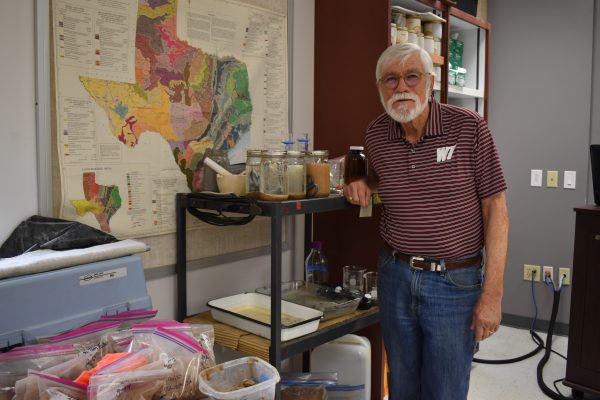
“In my mid-career, I did a lot of work with the World Bank, [the] United Nations, and one of the things we did, we did probably the world’s largest mercury cleanup on the Caspian Sea,” Dr. Rogers said. “And we also did one of the world’s largest oil cleanups, and I worked on those projects for about a little over 10 years. And I got to see the inception, and I got to see the cleanup and the report, and those two projects were selected as benchmark projects by the Caspian Sea partners. And so, then I worked with the World Bank in Argentina, Colombia. I’ve been all over the world working on projects; I worked on the cyanide release on the Tisza River which flows into the Danube.”
Dr. Rogers said that one of the things he is most proud of is the ecological database that the Environmental Science Program maintains through a partnership with the Texas Commission on Environmental Quality (TCEQ).
“It’s a home run for WT because that makes us leaders in the field of risk assessment environmental toxicology, which is my passion,” Dr. Rogers said. “So, what it does is that we look at habitats in the state. We pick indicator species, and then we try to determine what would be the cleanup level – how clean is clean – to support that ecosystem.”
TCEQ pays for the maintenance of the database, and Dr. Rogers said the money that it brings into WT helps him sponsor graduate students.
“My teaching philosophy is that I want to give the students the tools that they need, the experience they need to not only have a diploma but to have a good resume or a vita and give them the skills that they need to basically not get a job but get a meaningful career,” Dr. Rogers said. “And so, we give them the hands-on skills that our employers are looking for. We have internship agreements with TCEQ, Xcel Energy, other agencies where our students actually get to go out with their employees and experience what they’re going to do in the field.”
Dr. Rogers said that last year, the environmental science program did not have enough graduates to fill all the job requests they received. He credits the work ethic of WT students for the program’s high post-graduation employment rate.
“Region 10 EPA, the recruiter called me up and said, ‘We’ll take every graduate you have’ because of what? The success of our students,” Dr. Rogers said. “So, I would say our work ethic and a good work ethic. And you don’t have to be the brightest. I mean, a student that had to work for their degree sometimes has a better understanding [of] how to solve problems than somebody that [it] came [to] very easily. So, anybody that makes it through our program, basically they’re not having a hard time finding a job, but it’s that work ethic. And I think that’s extremely important.”




